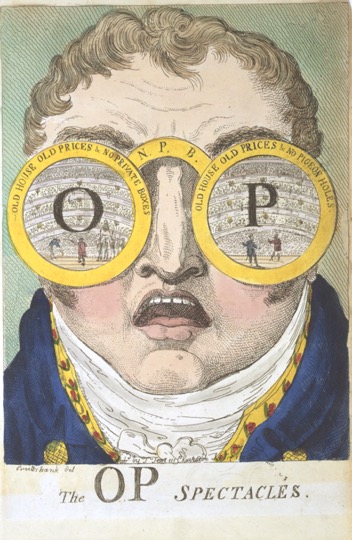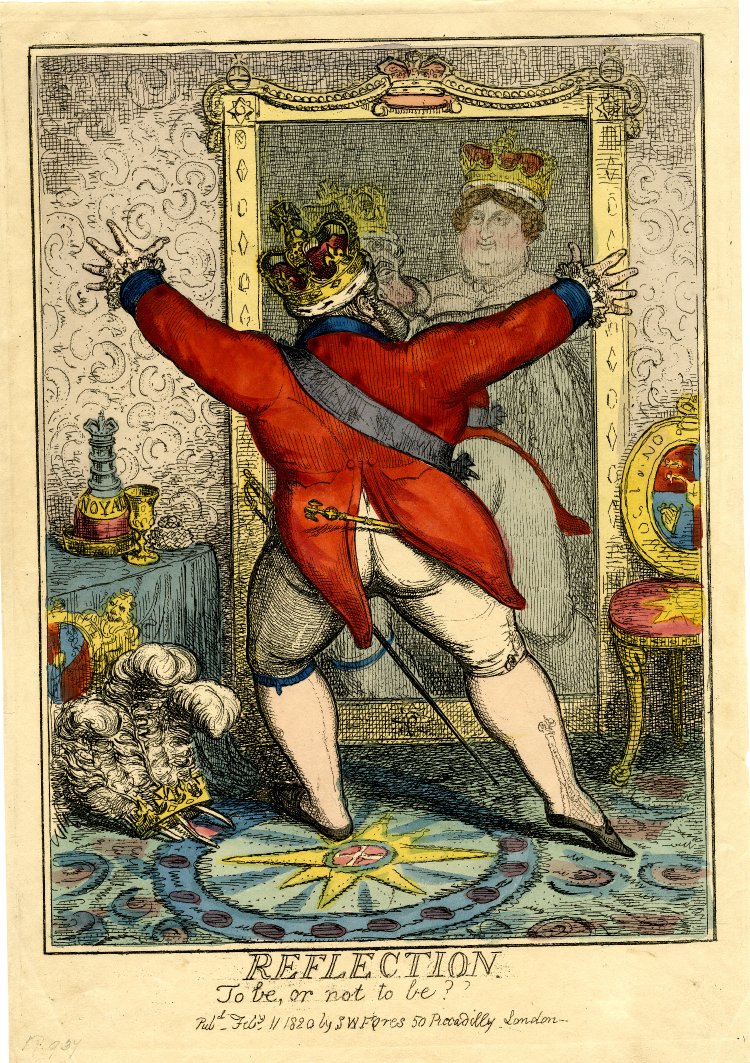Awards & Prizes

The contest was devised in the hopes of celebrating recent pedagogical innovation, inspiring creative new approaches, and creating an additional forum for conversations about Romantic pedagogy—both its boons and challenges. Teachers of all ranks may submit teaching materials, and a panel of three to four finalists will be selected to discuss their pedagogy during a panel, open to the public, at the annual NASSR conference.
Exemplary submissions consider how teaching revivifies Romanticism, in any of its myriad forms. For a list of previous winners and their syllabi, see the Pedagogies Section of the Romantic Circles website. Submissions might include a course that rethinks the period; a part of a course that addresses a specific author, theory, or literary problem; a special project, assignment, or a particular pedagogical technique. We welcome the use of multimedia resources, digital techniques, and courses designed to use multi-modal digital platforms for learning and communication, but they are by no means required. Courses and projects should be recent—within the past two academic years—or projected to be taught in the following one.
After submitting a small packet of material, finalists are chosen via author-blind peer review by a committee composed of members of NASSR in the US, UK, and beyond, Romantic Circles, and the NASSR Graduate Caucus. Finalists will give a short presentation on their courses and pedagogies at a special panel during the NASSR conference, and their syllabi will be published on the Romantic Circles Pedagogies website. The winner, chosen after the panel, will receive a $250 award as well as recognition at the NASSR conference and in the NASSR Newsletter.
The contest is sponsored by the NASSR Advisory Board, the NASSR 2020 Organizing Committee, and the Romantic Circles website.
To Submit
Please send a document of between 3-5 pages to nassrpedagogycontest@gmail.com by June 1, 2020. Please include a separate cover letter with identifying information, which should be left off all other documents. Initial queries and questions are welcomed. Potential materials might include but are not limited to:
- A cover letter and explanation of the submission, including an argument as to the course or project’s pedagogical innovation and benefits for the study of Romanticism. If the submission is a project or assignment, it has often helped participants to contexualize it within the aims of the larger course. Please include identifying information in this document, but omit it from the other documents and materials.
- Syllabus or parts of a syllabus
- Assignment sheets
- Multimedia or digital materials
 NASSR 2020 Graduate Student Paper Prizes
NASSR 2020 Graduate Student Paper Prizes(Co-sponsored by NASSR and European Romantic Review)
Each year, NASSR conference organizers offer a prize for the Best Graduate Student Paper presented at the conference, and also award an Honorable Mention. To be eligible, you must be a graduate student in good standing at the time of the conference, as well as a registered participant and NASSR member at the time of submission. Please email an electronic copy of your paper with a 100 word abstract to the conference organizers at nassr2020vision@gmail.com with the subject line “Grad Paper Prize” by July 3, 2020. The paper chosen as "Best Graduate Student Paper" will be published in the special conference issue of European Romantic Review. The winner will be announced at the closing conference reception.
Graduate Travel Bursary
Each year, NASSR offers several travel bursaries of CDN$250 each to assist graduate students presenting papers at the annual NASSR conference. The competition is open to all NASSR members who are graduate students, with the exception of students who received bursaries in the previous year. At least one bursary will go to a student at a Canadian university and at least one will go to a student at a U.S. university. Applications are assessed in terms both of merit and need.
For Toronto, 2020, applicants should submit a copy of their conference proposal, proof of graduate student status (e.g. unofficial transcript), and a budget (including both estimated costs and other sources of funding) by June 1, 2020. Please email applications to Chris Bundock at christopher.bundock@essex.ac.uk. Please note that all of those applying for bursaries must be NASSR members in good standing. Bursary cheques will be handed out at the conference or, if necessary, mailed out after the conference.
To encourage diversity in our membership and at our conferences, NASSR has earmarked some travel funds for graduate students of colour, students with disabilities, LGBTQ and/or first-generation students. If you would like to be considered for one of these bursaries, please explain in one or two sentences.
Funding for these bursaries is made possible by the generous contributions from the organizers of the Dalhousie (1999), Winnipeg (2015), and Ottawa (2017) NASSR conferences, as well as by donations from Gale Cengage.